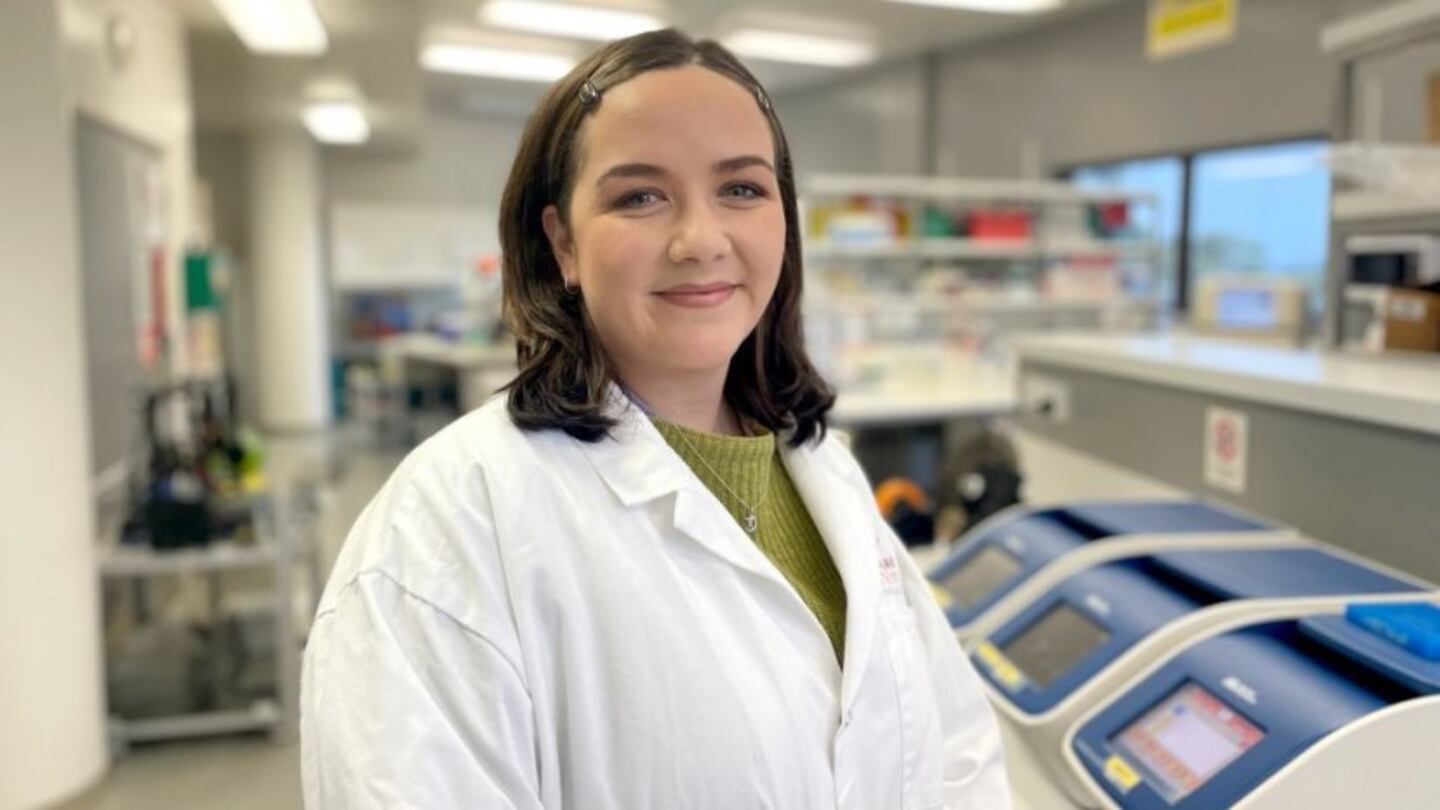A new fellowship to strengthen relationships between the Malaghan Institute and Māori has been awarded to Dr Theresa Pankhurst.
The Ngāi Tahu, Ngāti Kahungunu and Ngāti Porou postdoctoral researcher says the three-year fellowship will blend two of her biggest passions: immunology and Te Ao Māori - and will allow her to continue working on a homegrown Covid-19 “booster to end all boosters”.
“We’ve conducted a range of pre-clinical tests on a booster vaccine that you could call a booster to end all boosters. This is because we are really interested in a vaccine that can effectively neutralise multiple variants of the Covid 19 virus, as well as provide durable long-term protection for five to 10-plus years.
“We’re doing the process right here in Aotearoa and this will strengthen our preparedness as we navigate this pandemic as well as being prepared for any further pandemics, where we can research, manufacture, thoroughly safety test and distribute vaccines as needed, without having to rely on the overseas market.
“This will put Aotearoa and our wider Pacific neighbours in a really strong position as we face any future threats of infectious disease.”
Te Urungi Fellowship has been established by the Malaghan Institute’s Māori advisory group, whose role is to guide the Institute in its work towards equitable health outcomes for Māori.
During the final two years of the fellowship, Dr Pankhurst will be seconded to the Babraham Institute at the University of Cambridge working with Dr Michelle Linterman, a leading researcher in germinal centre B-cell biology and vaccination.
“At the core of the fellowship is about strengthening relationships between the Malaghan Institute and Māori. On a personal level, I’m excited there is space within this fellowship to spend time improving my reo Māori, which is a huge deal for me.”

